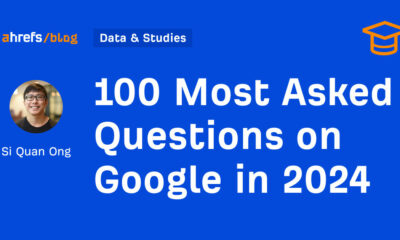Marketers need to take account of five key trends in current consumer behavior as they plan for 2022 says a new survey from the Gartner marketing practice. “Marketers must recognize that consumers are in the midst of an exhausting practical and spiritual overhaul,” said VP analyst Kate Muhl.
Why we care. Marketers (and journalists) are consumers too. Ask yourself if any of the following trends resonates with your own experience and then think about what they mean when it comes to engaging with consumers. Not just consumers. Although they’re the focus of the Gartner survey, we think these trends will also be found, one way or another, among B2B buyers.
Home-centricity. For many consumers, home-first has become a mantra — especially for those able to work from home. That means people are thinking hard about their homes, how to manage them and how to feel safe and secure in them. 58% of those surveyed now think the pandemic will have a lasting effect on how they view their homes, an eye-popping increase on the 12% when Gartner posed the question in 2020.
A major social experiment. Consumers are being forced to rethink basic certainties about their lives. Home-centricity leads to a blurring of work and personal life with more than 50% of workers now saying they undertake personal tasks during work hours. The more fundamental rethinking of priorities can be seen in the so-called “Great Resignation.”
Read next: Marketers, where will you be a year from now?
Divided on digital versus in-person. While almost 40% of consumers value the ease and convenience of online shopping and other aspects of virtual life, a growing number view digital as an inadequate replacement for offline and in-person experiences (57%, up 17% on 2020).
Straightforward media. There are indications in the survey results that consumers are looking for relaxation, entertainment and an escape from reality, whether through social or traditional media. This may not be the time to challenge them with complexity or anything too emotionally raw.
Let’s do the time warp. The figures speak for themselves. 77% of those surveyed reported a distorted perception of time (going up to 91% for Gen Z) and 66% have difficulty making long-term plans.





















You must be logged in to post a comment Login